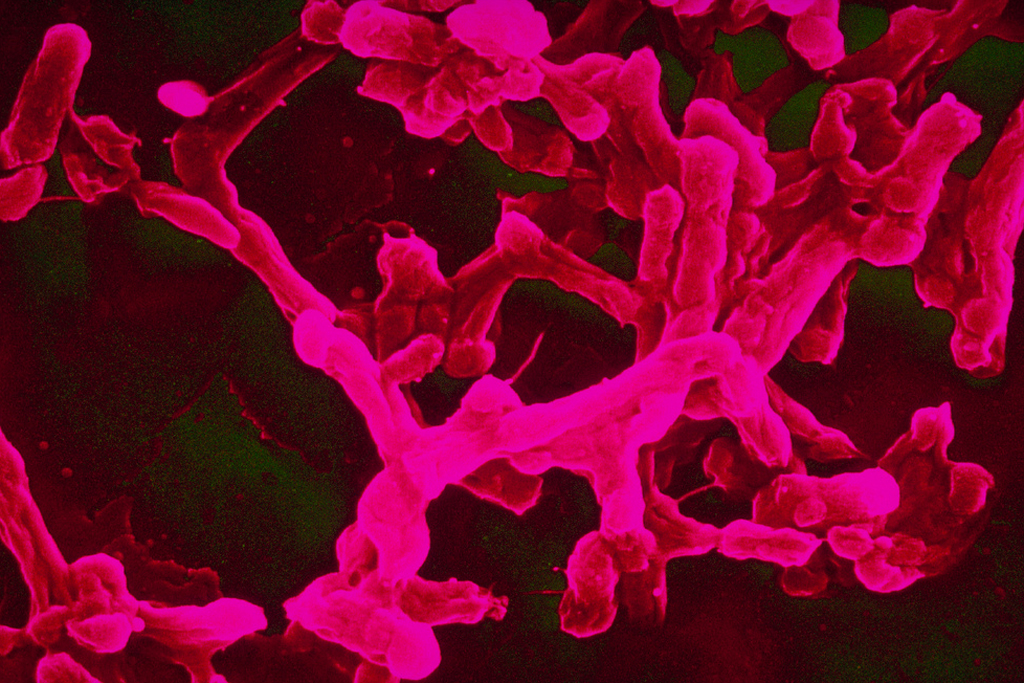World Malaria Day: Why Should We Care?
WCIU Journal: Health and Disease Topic
April 25, 2019
by Editor
Thursday, April 25th was World Malaria Day 2019.
World Health Organization: After more than a decade of steady advances in fighting malaria, progress has leveled off. According to WHO’s latest World malaria report, no significant gains were made in reducing malaria cases in the period 2015 to 2017. The estimated number of malaria deaths in 2017, at 435 000, remained virtually unchanged over the previous year.
Hillary Clinton on Twitter: “After a decade of amazing progress in combating deaths from malaria, progress has leveled off over the past few years. Malaria is an entirely preventable disease that kills a child every two minutes. This #WorldMalariaDay, let's renew our collective efforts to end it.”
“Malaria is one of the world’s leading causes of illness and death, affecting more than 219 million people in 90 countries around the globe.”
World Map of past and current Malaria prevalence – World Development Report .
Excerpts from Ralph Winter’s writings and talks related to the scourge of malaria.
FROM “A MISSIOLOGY OF DISEASE”: Some will say, “What in the world could microbes have to do with the Kingdom of God or global evangelism?” The answer is simple. Distorted microbes war against the Kingdom of God. Distorted genes make animals violent and destructive. Destructive parasites kill off many varieties of plant and animal life, as well as, by the malarial parasite, 1.2 million people a year, most of them children—four of whom die every minute from malaria alone. All this massive damage to the purposes of the Kingdom of God amounts to noise so loud that people can’t hear what we are preaching to them.
A major challenge faces anyone who lives in the age where we can actually see tiny parasites like malaria in microscopes and we can trace the four very clever stages of their attack on the human body. We have even noticed their insidious change in their human hosts to make the bodies of those infected attract more mosquitoes so their infected blood can be transmitted to still more victims. I point this out simply to illustrate the extensive difficulties in understanding for our day what Jesus wants to say to us if we merely focus on what he said in the first century. With increased insight into the works of the devil we have an increased span of responsibility. Our Christian mission becomes different and larger. In other words, would Jesus have said that germs are one of the works of the devil which he and his followers are to set out to destroy?
FROM “Glorifying God by Fighting Evil” (transcribed from a recorded seminar): "We can’t glorify God by what we do against the powers of evil if we don’t recognize those powers of evil. If God is getting the blame—if we say to malaria victims, “our God wants us to give you a cup of cold water, but he doesn’t know about malaria, or he doesn’t care, or he doesn’t know what to do”—if our actions speak those words that loudly, what kind of a gospel can we preach? What can we tell them about God if that’s the kind of God we’re telling them about?
FROM “Seven Men, Four Eras”: One thing is very clear. In most cases the will of God cannot come on earth if all we do is to encourage individuals to do good works. Most of the major problems cannot be solved by individuals. We must expect to start many new businesses and even new mission structures that will specifically tackle such problems—whether that means cooperating with China as it is forthrightly facing the terror of widespread corruption (and is considering Christianity as part of the solution) or working with secular organizations in fighting to extinction the many plagues of deadly viruses, bacteria and parasites (like Malaria).
FROM “Twelve Frontiers of Perspective", in Frontiers in Mission, 31-32: “Our Western, Latinized Christianity has become a carrier vehicle for a form of faith which is both Biblical but also pagan in the area of Neoplatonism’s passivity toward evil and its absence of a Satanic opponent to God’s will. This means we are running around the world telling people (by our actions not our words), “Our God can get you to heaven but He can’t cure your malaria because He apparently does not know or care or have power in that sphere.” Thus, being invisibly and unconsciously saddled with this theology, we can’t ourselves as part of our mission do anything trenchant about malaria either, and since very few non-Christians are concerned, we should just pray about it, help those who already have it, and let it go at that. Thus arises the idea of the decontextualization of our own tradition, or reverse contextualization, which means being willing to find major philosophic or Biblical or theological flaws in our own tradition
FROM “The Seminary: Whence and Whither?” in Frontiers in Mission, 69.
One mission organization, presumably going out around the globe to glorify God, spends $500 million a year to raise children up to the age where they can die of malaria. And four suffering children continue to die of malaria every sixty seconds. Jesus did not concern Himself with suffering and dis- ease, with the idea that healing would get people to heaven, but that His healing ministry would reveal to people what kind of a God was in heaven. That is, He did not show us how God wanted us to heal people but that we should heal people


